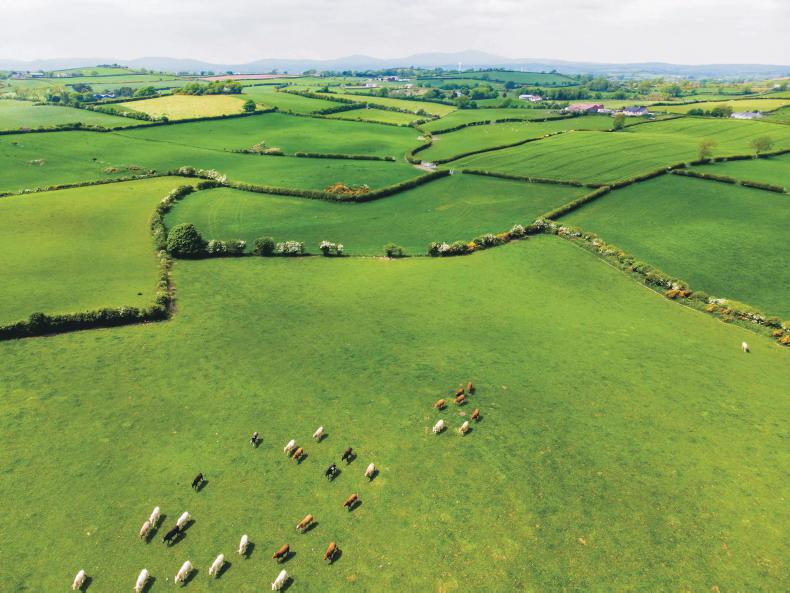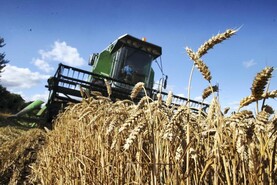The CAP is now in the grip of a serious crisis and its mechanisms must be fundamentally reviewed so as to adapt them to a situation different from the 1960s, when Europe was in a deficit for most food products.
Those were the words that appeared in a February 1991 European Commission reflection paper on the future of the CAP to the European Council, recently released by the National Archives.
Created in 1962, the CAP was set up following World War II to increase agricultural productivity, guarantee food supply and ensure a fair standard of living for farmers.
However, in 1991 the CAP was about to undergo the biggest reform yet – the MacSharry reforms.
The choice now is between fundamental reform of existing CAP mechanisms or a new package of restrictive measures
The Commission in 1991 said there was one option which would not be viable – things remaining the same: “The status quo is the one option which the Commission considers not to be viable.
“The choice now is between fundamental reform of existing CAP mechanisms or a new package of restrictive measures offering no future prospects and which would be unlikely to attract support from farmers.”
An objective of the new CAP was to “keep sufficient farmers on the land” through an active rural development policy.
This, according to the document, “implies recognition of the farmer’s dual role – primarily a food producer and secondly a guardian of the rural environment”.
“Direct aid measures should be integrated … so as to guarantee producers’ income,” the document said.
On the environment, the Commission said that “farmers should be encouraged to use environment-friendly methods with the necessary measures being implemented through coherent multiannual programmes” and that a “long-term set-aside programme aimed at promoting afforestation of agricultural land is also necessary”.
The Irish angle
Two months on following that communication in Brussels, the office of the Minister for Agriculture and Food presented a memo to Government on European Commission agricultural price proposals for 1991/1992.
The minister of the day Michael O’Kennedy sought the approval of the Government on an approach for the upcoming CAP negotiations.
O’Kennedy also said he would oppose the cut in trigger points for intervention eligibility
He said he would “oppose the Commission’s proposals to abolish the intervention safety-net mechanism and to reduce the intervention trigger points by eight percentage points”.
Instead, he said he would seek for the current CAP mechanism for beef to be rolled over into 1991/1992, unless other arrangements to underpin market prices were introduced.
O’Kennedy also said he would oppose the cut in trigger points for intervention eligibility “unless producers obtain increased premium payments in compensation”.
He said he would also oppose a 2% linear cut in the Irish milk quota and instead would advocate that market difficulties be addressed by a reduction in the butter support price, which would be compensated for by a lift in the support price for powder.
The memo noted that a cut in the milk quota and other proposed measures could cut the value of Ireland’s agricultural output by 5%
“The minister will seek compensation for any quota cuts that may have to be implemented.”
The memo noted that a cut in the milk quota and other proposed measures could cut the value of Ireland’s agricultural output by 5% and in turn could cut farm incomes by 9.5% or £160m.
He said that he would “strongly advocate” for the 1991/1992 support arrangements to be rolled over to avoid prejudicing the debate on the upcoming CAP reform.
“He will seek to have the costs of German unification taken into account,” the memo reads.






 This is a subscriber-only article
This is a subscriber-only article











SHARING OPTIONS: